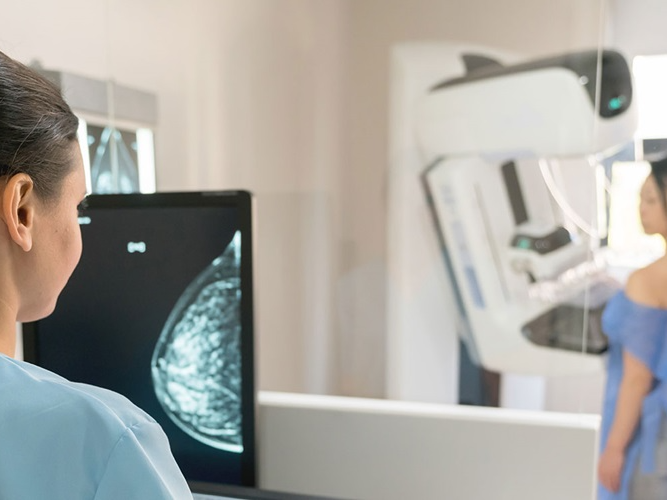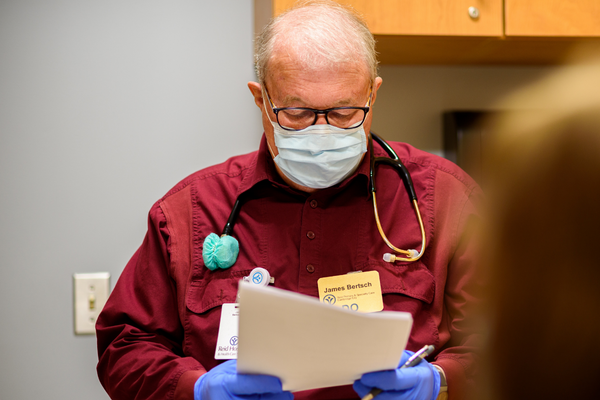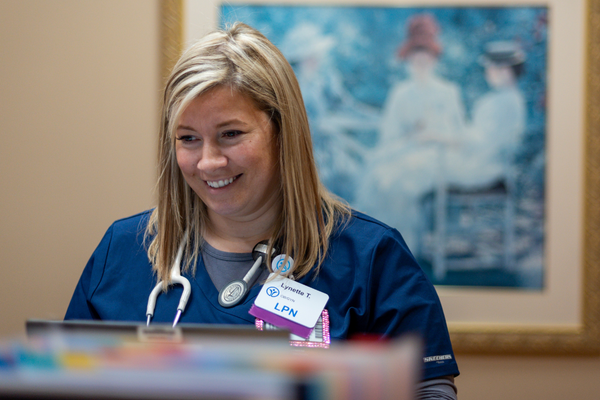
Heart Scans
20 minutes can save your life!
A heart CT scan looks for calcium buildup in the arteries, helping to spot heart disease in its earliest stages and allowing for quick action and treatment that can help prolong your life.
This screening is best for:
- Individuals 40 and older
If you have experienced any of the following, a physician referral will be required for this scan:
- Have or had a history of coronary artery disease diagnosed by a doctor
- Heart attack
- A previous test showing heart artery blockage
- Currently seeing a doctor for heart attack or blockage
- A coronary calcification test done within the past 5 years
- Have or had symptoms that make you worry about your heart such as chest pains, shortness of breath, and palpitations
Available locations for this screening:
- Richmond
- Connersville
Vascular Screening
Detect your risk for stroke, aortic aneurysm, and peripheral artery disease.
This three-part screening takes about 45 minutes.
This screening is best for:
- Individuals 50 and older
- Individuals who had their last screening 5 or more years ago
Did you know?
- More than 700,000 Americans suffer from stroke each year. Some could be prevented if risk factors are found early.
- A ruptured aneurysm is life-threatening. Finding a weakened or distended artery wall can be life-saving.
- A vascular screening can determine risk for peripheral artery disease, which occurs when arteries that carry blood to the arms or legs become narrow or blocked.
Available locations for this screening:
- Richmond
- Connersville
- Greenville


